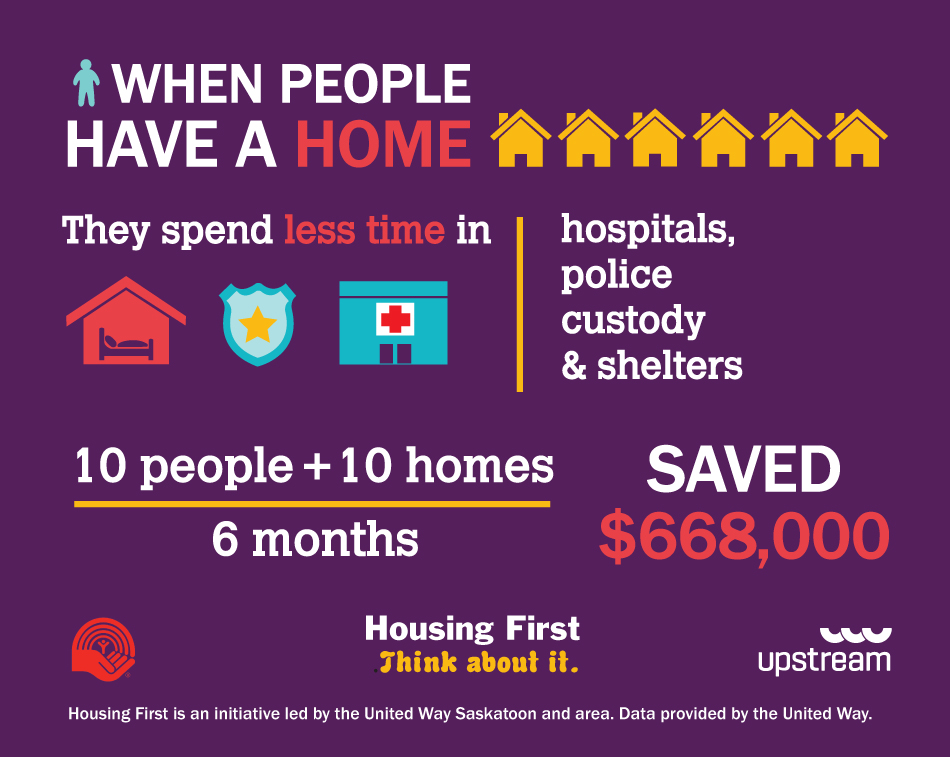
What Is The Housing First Model?
The Housing First model is a relatively new approach to homeless assistance that serves as an alternative to the traditional system of moving individuals experiencing homelessness through a system of transitional housing. The Housing First approach offers permanent, affordable housing as soon as possible for individuals and families experiencing homelessness, while also providing a variety of supportive services to help them maintain their housing. This model was developed in the late 1980’s based on a recovery-oriented approach that focuses on the idea that people are better able to move forward with their lives if they are housed first.
Housing First programs typically provide rental assistance to households in need. Individuals must sign a lease and are then able to access supportive services to help them maintain their housing. There are two common program models that follow the Housing First approach. The Permanent Supportive Housing (PSH) model is used to target individuals and families with chronic illness, mental health issues, or substance abuse disorders who have experienced either long-term or repeated homelessness. The other, known as Rapid Re-Housing, provides short-term rental assistance and services. This model focuses mostly on helping people obtain housing quickly, increase self-sufficiency, and remain housed.
How is the Housing First Model Different?
This approach to solving homelessness is unique in that it does not require individuals experiencing homelessness to address addiction and/or psychological problems, or to graduate through a series of programs before they can access housing. The Housing First model sees housing as the foundation for life improvement, so this approach enables access to permanent housing without prerequisites or conditions beyond those of a typical renter.
Who Benefits from the Housing First Model?
The Housing First Model doesn’t solely benefit individuals experiencing homelessness. In fact, this model can help anyone with any degree of service needs. Due to the flexible and responsive nature of this approach, the Housing First Model can be tailored to help any individual or family struggling to obtain and/or maintain permanent housing. With that said, the Housing First Model has been particularly effective in ending homelessness for chronically homeless individuals.
The Housing First model has also been proven to be cost efficient, which benefits entire communities. By providing access to housing, communities save money on emergency services like jails, hospitals, and emergency shelters. One study found an average cost savings on emergency services of $31,545 per person housed in a Housing First program over the course of two years. Another study showed that a Housing First program could cost up to $23,000 less per consumer per year than a traditional shelter program.
Is the Housing First Model Effective?
There is sufficient data to determine that the Housing First model is an effective solution to homelessness. Individuals benefiting from both PSH and rapid re-housing programs have quicker access to housing and are more likely to remain stably housed. PSH has a long-term housing retention rate of up to 98%, and between 75-91% of households remain housed a year after being rapidly re-housed. Individuals that have experienced the PSH approach also tend to report an increase in perceived autonomy, choice, and control in Housing First programs. Individuals who have participated in these Housing First models are also more likely to participate in job training programs, attend school, discontinue substance use, spend fewer days in the hospital, and report fewer instances of domestic violence than those who do not participate in the Housing First model.
Finland actually implemented the Housing First model in 2008. Upon recent analysis, a report concluded that the model “appears to have had a positive effect in Finland.” Between 2008 and 2014, the number of chronically homeless individuals decreased by approximately 1,200. This has made Finland the only European country where homelessness has decreased in recent years.
If you would like to support JOIN and our efforts to end homelessness here in Portland, consider donating today.
